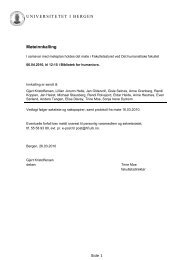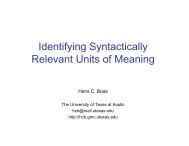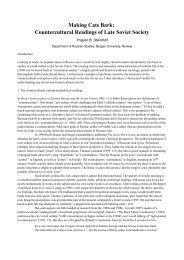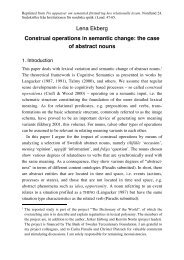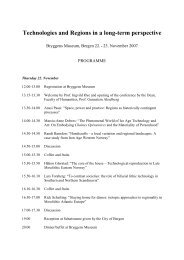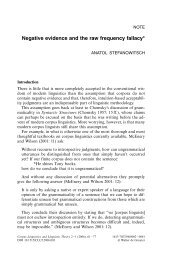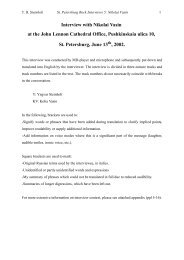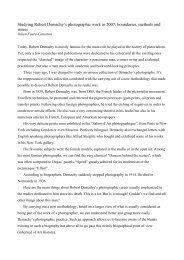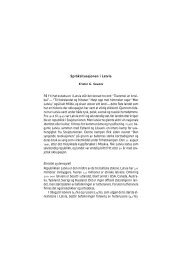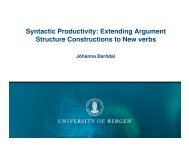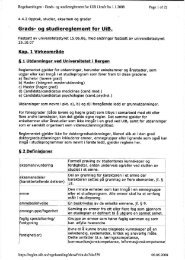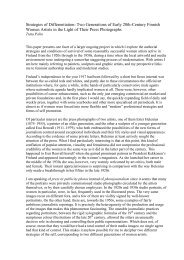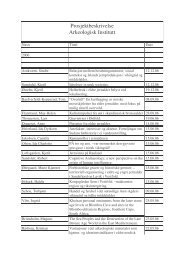THE BOOK OF POEMS IN TWENTIETH-CENTURY ... - TopReferat
THE BOOK OF POEMS IN TWENTIETH-CENTURY ... - TopReferat
THE BOOK OF POEMS IN TWENTIETH-CENTURY ... - TopReferat
You also want an ePaper? Increase the reach of your titles
YUMPU automatically turns print PDFs into web optimized ePapers that Google loves.
this shines an evening star, a "guide to thoughtful meditation." At this elevation and level<br />
of high abstraction, the speaker discusses the very nature of time and man’s place within<br />
it (lines 47-58):<br />
Как птица в воздухе, как рыба в океане,<br />
Как скользкий червь в сырых пластах земли,<br />
Как саламандра в пламени,—так человек<br />
Во времени. Кочевник полудикий,<br />
По смене лун, по очеркам созвездий<br />
Уже он силится измерить эту бездну<br />
И в письменах неопытных заносит<br />
События, как острова на карте…<br />
Но сын отца сменяет. Грады, царства,<br />
Законы, истины—преходят. Человеку<br />
Ломать и строить—равная услада:<br />
Он изобрел историю—он счастлив!<br />
Like a bird in air, or a fish in the ocean,<br />
Like a slippery worm in moist layers of earth,<br />
Like a salamander in flame—so is man<br />
In time. The half-wild nomad,<br />
According to the changing of the moons and the outlines of the constellations<br />
Already tries to measure this abyss<br />
And in inexperienced characters he notes down<br />
Events, like islands on a map…<br />
But the son takes the place of the father. Towns, kingdoms,<br />
Laws, truths—all pass. For man<br />
It is an equal pleasure to break down and to build:<br />
He invented history—he is happy!<br />
From his earliest nomadic days, man has tried to contain and quantify time in calendars<br />
and chronicles. He is content with his invention of history—a linear record of the<br />
progression and succession of families, kingdoms, laws and truths. He falsely believes<br />
that he has achieved some degree of control over time—that he has successfully<br />
measured its abyss (бездна). But an abyss is by definition immeasurable. Time’s terrible<br />
expanse (ужасный простор, line 39), its wide-open chasm (пучина, line 46) can be<br />
neither measured nor contained. It does not have an absolute beginning or end, but rather<br />
is always present as an elemental container of human life, just as air contains the birds<br />
54



